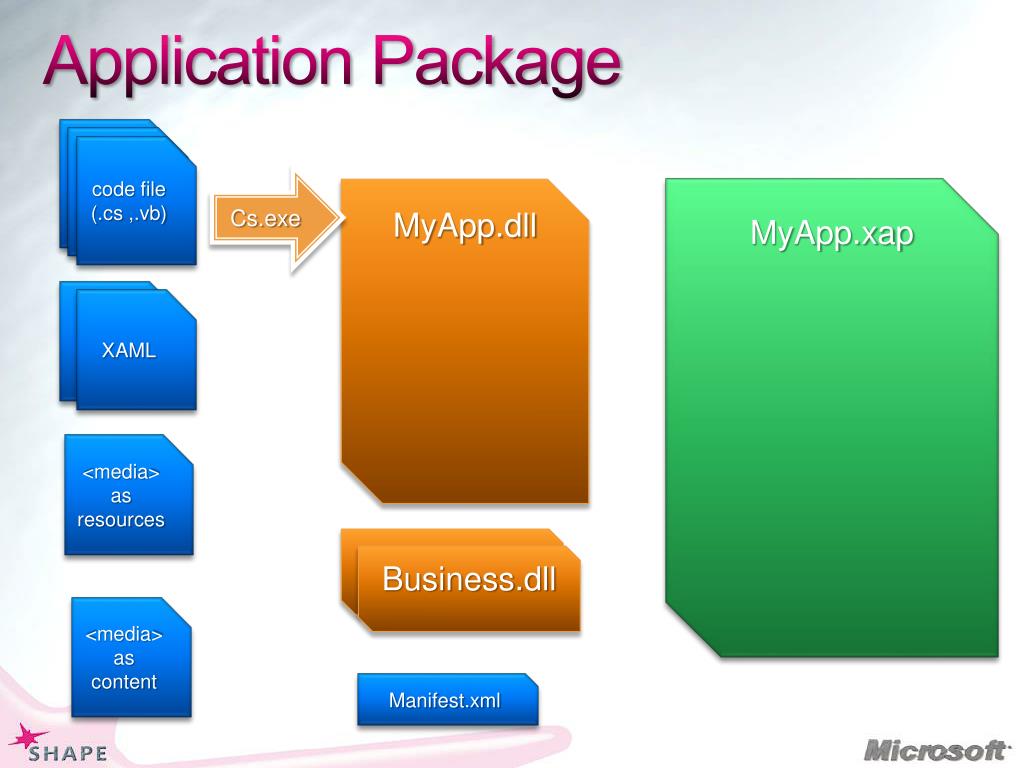Course Overview
Application packaging is the process of creating a meta-program that in turn automatically installs software across multiple computers. The meta-program typically includes a set of default properties for the applications it installs. Application packaging can help enterprises manage growing volumes of software for desktop and server systems efficiently. By streamlining software configuration and deployment, application packaging can help reduce application support and management costs. Application packaging may also be performed in cloud computing, in particular at the infrastructure as a service level. For example, the IBM SmartCloud Enterprise software bundle management system is a cross-platform package management system for the installation of software into virtual machines hosted on the cloud during provisioning.
- Training by Realtime Expert trainer
- Live Online Classes
- Free study material
- Online virtual Classes available in morning, evening and weekend
Prerequisties
The participant should have knowledge of Windows registry, MSI packages, and dynamic link libraries.
Duration
Online
- The format is 40% theory, 60% Hands-on.
- It is a 20 days program and extends up to 2hrs each.
Corporate
- The format is 40% theory, 60% Hands-on.
- It is a 5 days program and extends up to 8hrs each.
Classroom
- Private Classroom arrenged on request and minimum attendies for batch is 4.
Content
- Installer Fundamentals
- Windows Installer Object Model
- Overview of Windows Installer
- Installation Package
- Components and Features
- Installation Mechanism
- Component Management
- Advertisement Operating system basics
- OS Layers
- Registries
- Ini, inf, cfg
- Dll, ocx, exe
- Odbc, dsn, ,com, assembly, file extension, mime, verb, User profile
- Win32, kernel services
- Device drivers
- What is packaging applications and why?
- Packaging Life cycle
- Benefits of Windows Installer
- Functions of Windows Installer
- Summary information
- Database of installation instructions
- Application files or references to them
- Transforms
- Windows
- Installation-On-Demand
- Resiliency
- Customization
- Tech review, Capture of application
- Organization of MSI (Microsoft Installer)
- Core Tables Group
- File Tables Group
- Registry Tables Group
- System Tables Group
- Locator Tables Group
- Program Information Tables Group
- Installation Procedure Tables Group
- Transforms, Merge modules.
- Patching & Upgrade, Types of upgrades
- Trouble shooting and testing of the application.
- Use of the tools and best practices in packaging.
- Isolation and Conflict Management.
Course Calender
1 Sep 2022
Attend Now

